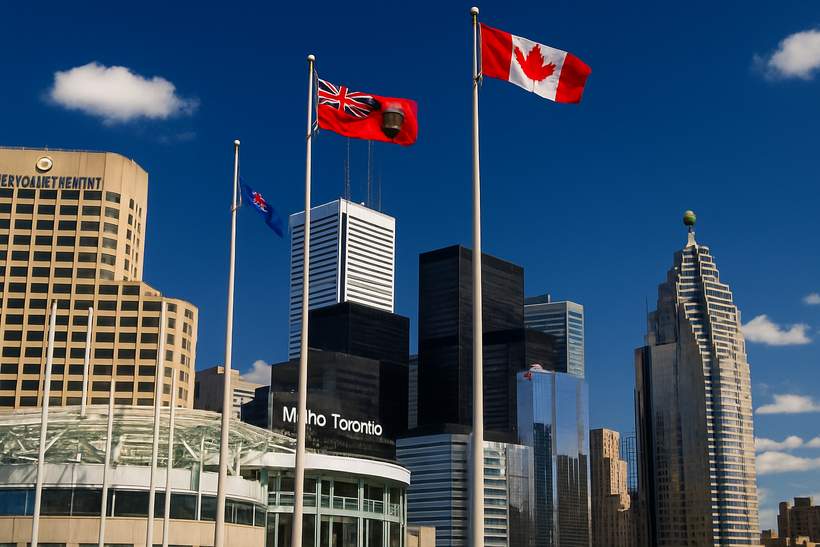Youth Gambling Surge Reveals Issues in Quebec’s Monopoly on Gambling

Youth Gambling Concerns in Quebec
Quebec is currently facing a significant rise in online gambling among young people. Experts specializing in addiction and the gambling industry emphasize the urgent need for reforms. Recent reports reveal that teenagers are being drawn into gambling through social media advertisements, often placing bets on illegal platforms.
Rising Underage Gambling Fueled by Social Media Influence
One reported case involves a 17-year-old who initially gambled casually with friends. After a small winning streak, he was encouraged to create an account on an unauthorized gambling website, bypassing age restrictions by using a relative’s identity. He initially felt detached from the real financial losses but soon realized the extent of his losses days later.
Addiction treatment professionals confirm that such stories are common. Xavier Lalonde, a former addictions counselor and current prevention educator, notes that some teens have lost thousands in just a few weeks. He highlights that illicit gambling sites often employ manipulative tactics, such as delaying withdrawals to tempt players into reinvesting their winnings. Lalonde also mentions encountering children as young as 12 gambling for actual money at some schools.
Experts further point out the strong role social media personalities play in promoting gambling, often disguising it behind seemingly innocent games. Combined with easy access to gambling apps on smartphones, these marketing strategies make it easier than ever for underage individuals to engage in gambling activities. Early exposure to gambling significantly increases the risk of future addiction.
Criticism of Quebec’s Gambling Monopoly Amid a Thriving Unregulated Market
Currently, the only legal online gambling platform in Quebec is operated by Loto-Québec, a government-owned entity that holds an exclusive monopoly in the province. Despite this arrangement, critics argue it has not prevented minors from gambling nor curbed the expansion of unregulated betting sites.
Ariane Gauthier, representing the Quebec Online Gaming Coalition—a group formed by major private operators in 2023—advocates for Quebec to adopt a regulated and competitive system similar to Ontario’s. Ontario’s licensed operators must adhere to strict responsible gambling policies, including rigorous age verification and public education initiatives.
Additionally, Ontario’s operators contribute taxes to the government. At the recent Canadian Gaming Summit, industry data revealed that Quebec loses approximately CAD 1.97 billion (around USD 1.4 billion) in gross gaming revenue annually to unregulated sites—the highest loss across Canada. Advocates for reform warn that without changes, both public health issues and financial damages will worsen.